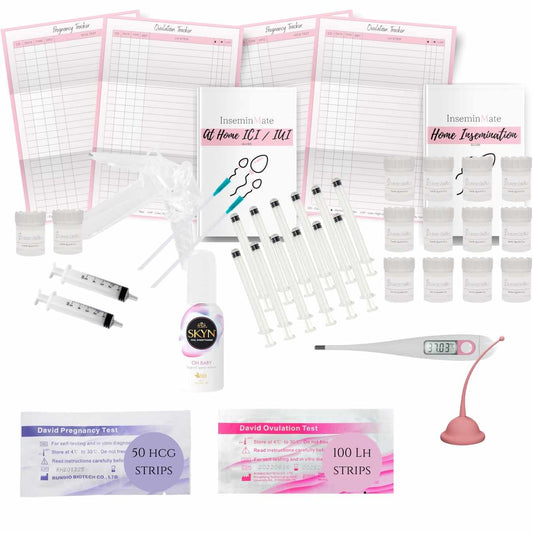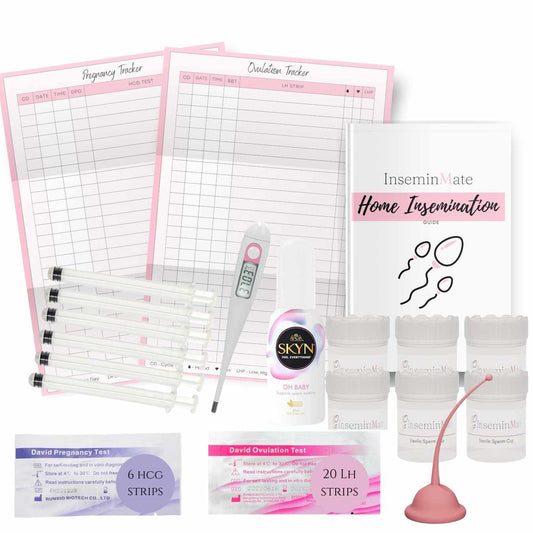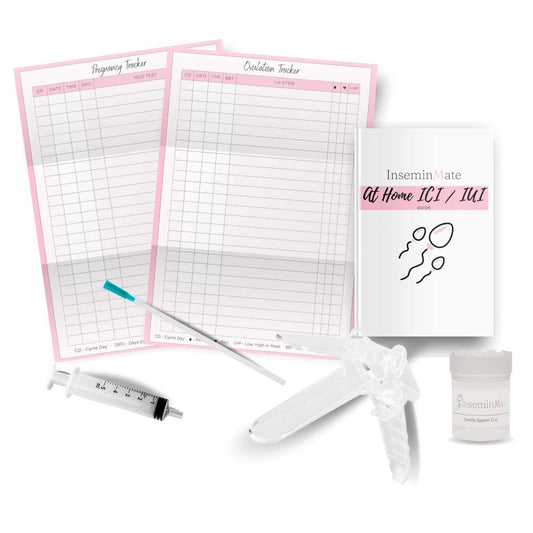Congratulations, you are now 18 weeks pregnant! At this stage, your baby is continuing to grow and develop, and you may be experiencing some new changes in your body. Here are some of the common symptoms and developments you can expect:
-
Baby's movements: At 18 weeks, your baby is now big enough for you to feel their movements. You may notice flutters or kicks, especially when you are sitting or lying down.
-
Growing belly: Your belly is continuing to grow and your uterus is expanding to accommodate your growing baby. You may notice that your clothes are starting to feel tight or uncomfortable.
-
Back pain: As your belly grows, you may experience back pain or discomfort. Using a supportive pillow or practicing good posture can help alleviate this symptom.
-
Fatigue: You may still experience fatigue or tiredness, as your body continues to work hard to support your growing baby. Resting when you need to and getting enough sleep can help alleviate this symptom.
-
Increased vaginal discharge: You may notice an increase in vaginal discharge, which is a normal part of pregnancy. However, if you notice any unusual or foul-smelling discharge, it's important to talk to your healthcare provider.
-
Braxton Hicks contractions: You may start to experience Braxton Hicks contractions, which are practice contractions that prepare your uterus for labor. These contractions are usually painless and irregular.
-
Shortness of breath: As your uterus expands, it may push against your diaphragm and make it harder to breathe. Taking deep breaths and practicing relaxation techniques can help alleviate this symptom.
Remember to continue receiving regular prenatal care, including appointments with your healthcare provider and any recommended tests or screenings. Your healthcare provider can monitor your baby's growth and development, as well as provide support and guidance for any symptoms or concerns you may have.
In conclusion, reaching 18 weeks pregnant is an exciting milestone in your pregnancy journey. Your baby is growing and developing, and you may be experiencing a range of new symptoms and changes in your body. Remember to take care of yourself and your baby by making healthy choices, seeking support when needed, and enjoying this special time in your life.




